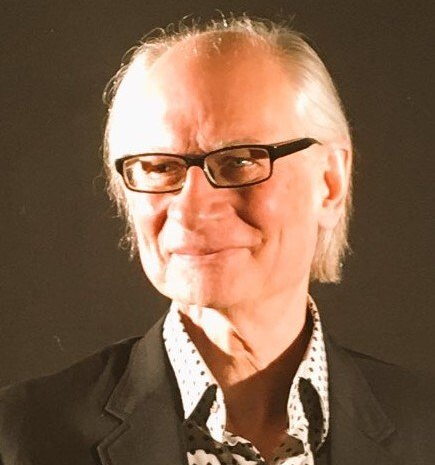Equality of opportunity in a global economy
Lou Stein is an award-winning theatre director and writer who founded the Gate Theatre, London, and most recently was Artistic Director of the young people’s theatre and education provider, Chickenshed and founder of the Lou Stein Studio.

In 1970, the philosophical thinker and educator Ivan Illich wrote the bold and provocative book “Deschooling Society”.It called for radical institutional reforms in the face of what he called an education system which failed our individual needs and supported false ideas of progress and ways of measuring real educational success. His ideas are now long forgotten and rarely discussed, dismissed by both right and left wing academics. However, at the root of his argument, there is a familiar failing in the rigid and unyielding education which our children receive today and how they are judged for future participation in the world as an adult.
GCSE data from pre-pandemic 2019 tells us that one-third of all students taking the exams failed to reach the holy grail pass mark of 4. Add the cumulative effects of the pandemic on most children’s education and the question must be asked: Do we simply consign those young people who struggled through the pandemic and throughout their entire primary and secondary education, to the dust-heap? Do we banish them at the age of 16 to an uncertain future and place in society, as we support and celebrate the two-thirds who managed to navigate the system? Does the failure of those who struggle to comply with a rigid progression to the GSCE stage, for whatever reason, mean that there is no place for them in our competitive society?
Surely the failure is not the students themselves but a failure of the institutions who should be nurturing their strong points rather than applying a one size fits all to determining who is given the opportunity to progress to Higher Education.
My son has just turned 16. He is a bright, engaged, and inquisitive young man with Down Syndrome. During the pandemic he didn’t miss one day of online teaching. He studied hard but was constrained by the strait jacket of a rigid approach to GCSE study which did not adapt to his style of learning. During that time I had a strong feeling that the school had already consigned him to “no chance of achieving required levels”. This is a young man who writes poetry, and whose work had already been performed by the BBC Singers and broadcast on Radio 3. This past summer, seven of his poems were performed by the Irish Chamber Orchestra to a rapturous reception. A poet from the New York Poetry Society called his work “exceptional”. Yet he was unable to attain a pass grade in his English GSCE’s. The hoops he was required to jump for the exam were not playing to his talents or learning style.
In many ways he represents the one-third of students whose academic potential is abandoned at 16.
As a student I was profoundly influenced by Ivan Illich’s demands for a radical re-think of the educational system. Going through the period of instability the world is going through right now, it is hard to imagine that a bold and sentient government in the UK will emerge, one that will re-vamp the system to accommodate the “one-third” and give them greater chances in life.
The answer in the current climate, and one that is sustainable, is to embrace and support the network of life-long learning programmes, where knowledge exchange and active mentoring, without judgement, weaves in and out of the statutory education system. This belief led me to set up The Lou Stein Studio.
After I had spent a pilot session week working with a group of actors who sought to improve their skills and work in an inclusive atmosphere, the participants made important discoveries about the joy of collaboration, openness, and adapting to new communication situations.
One third of the participants had declared a cognitive disability. Most had been rejected in more traditional training and educational settings. After the sessions, they all felt better prepared to successfully pursue their acting careers.
The studio in many ways is a model for all training and educational settings where learners collaborate, mentor each other, and most importantly, learn from each other in a supportive and non-competitive environment. The studio has been established to pursue confidence building skills using collaborative, non-judgemental and inclusive methods.
For more information about The Lou Stein Studio contact: associates@loustein.co.uk
This article first appeared in Engage 25.




